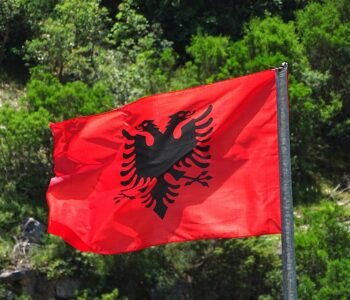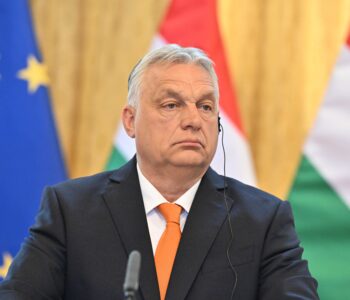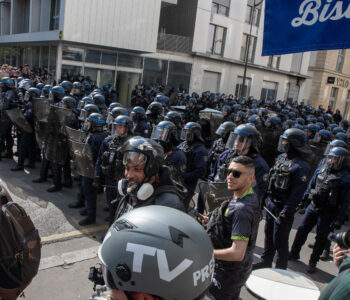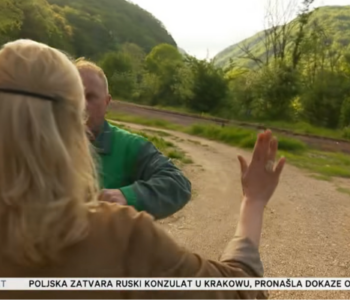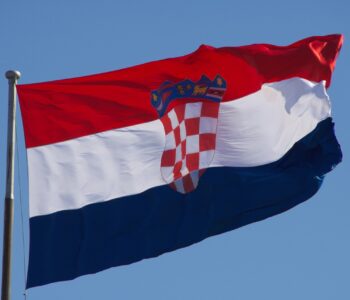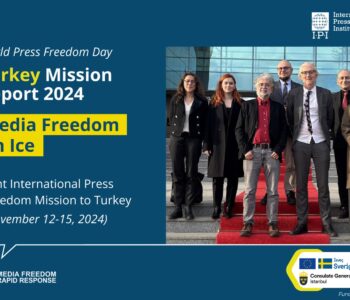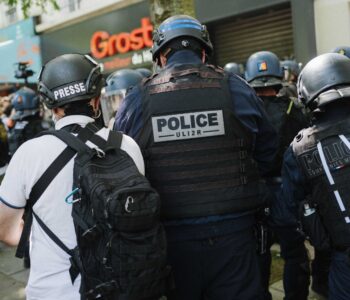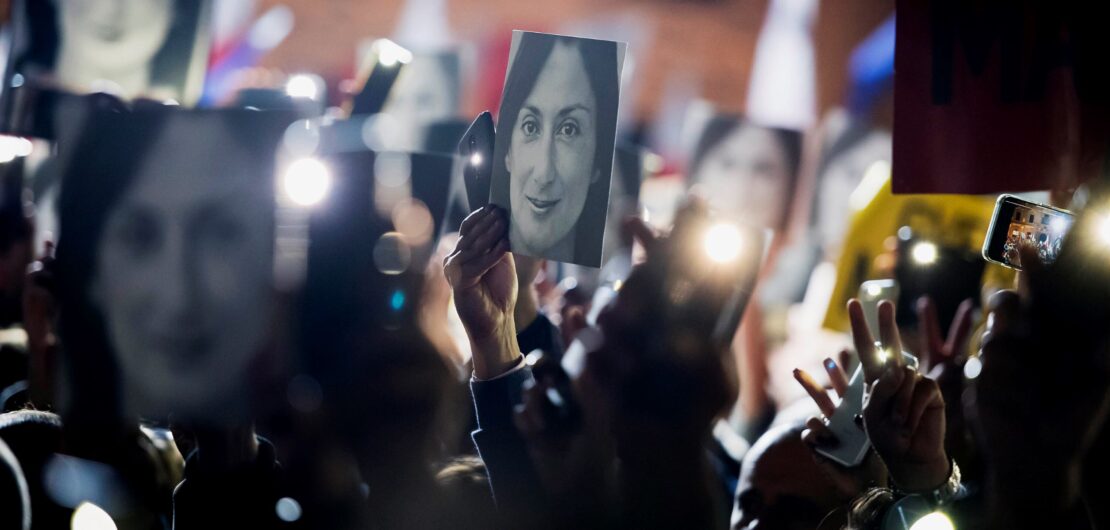 Library
Library
Malta: Guilty verdicts in Daphne Caruana Galizia case mark…
Malta: Guilty verdicts in Daphne Caruana Galizia case mark another step towards full justice
Media freedom groups welcome conviction of two gang members who supplied car bomb which killed Maltese journalist.
06.06.2025
Guilty verdicts handed down to two gang members who supplied the car bomb which killed Maltese journalist Daphne Caruana Galizia mark another vital step forward in the fight for full justice, the undersigned media freedom organisations said today.
We jointly hail the convictions of Robert Agius and Jamie Vella, reached via a jury in Valletta on June 5, as a crucial development in the fight against impunity which we hope will strengthen the case against the alleged mastermind of the assassination.
The long-awaited ruling was reached yesterday evening following a six-week trial in the Maltese capital, during which the two men, who were part of the Maltese criminal underworld, were found guilty of procuring the military grade explosives and providing them to the hitmen who executed the murder.
The convictions come eight years after the car bombing on 16 October 2017 and ensures two more people involved in the plot to kill Caruana Galizia over her investigative journalism will be behind bars. Agius and Vella, part of the Maltese Ta’ Maksar gang, will be sentenced shortly.
Five individuals have now been found guilty of participating in the hit. Brothers Alfred and George Degiorgio are serving 40-year prison sentences for planting and detonating the bomb. Vincent Muscat, another involved in planning and executing the hit, is serving 15 years. Melvin Theuma, the self-confessed middleman, was given a pardon on condition for testifying in several criminal proceedings, including against the alleged mastermind.
The alleged mastermind, Yorgen Fenech, a powerful Maltese businessman, is currently awaiting trial. Fenech was released on bail in February 2025 and successfully argued for a court order banning reporting on his legal proceedings.
Following the verdict, we hail the dedication and professionalism of the legal team representing Caruana Galizia’s family throughout this process and stand with the family as the fight for justice continues. While these latest convictions are a vital step forward, we stress that full justice remains the only acceptable outcome.
While progress is being made on securing convictions, our organisations stress that wider institutional reform outlined in the recommendations of the Public Inquiry into Daphne’s assassination have not been implemented and Maltese authorities are not demonstrating the political will required to address the culture of impunity and widespread institutional failures that allowed this killing to happen in the first place.
Moving forward, our organisations will continue to push for the Maltese authorities to implement the recommendations of the Public Inquiry and take concrete steps to improve the wider environment for press freedom, to ensure that no other journalists are ever silenced for carrying out their watchdog role in Malta.
Daphne deserves no less.
This statement was coordinated by the Media Freedom Rapid Response (MFRR), a Europe-wide mechanism which tracks, monitors and responds to violations of press and media freedom in EU Member States and Candidate Countries.


